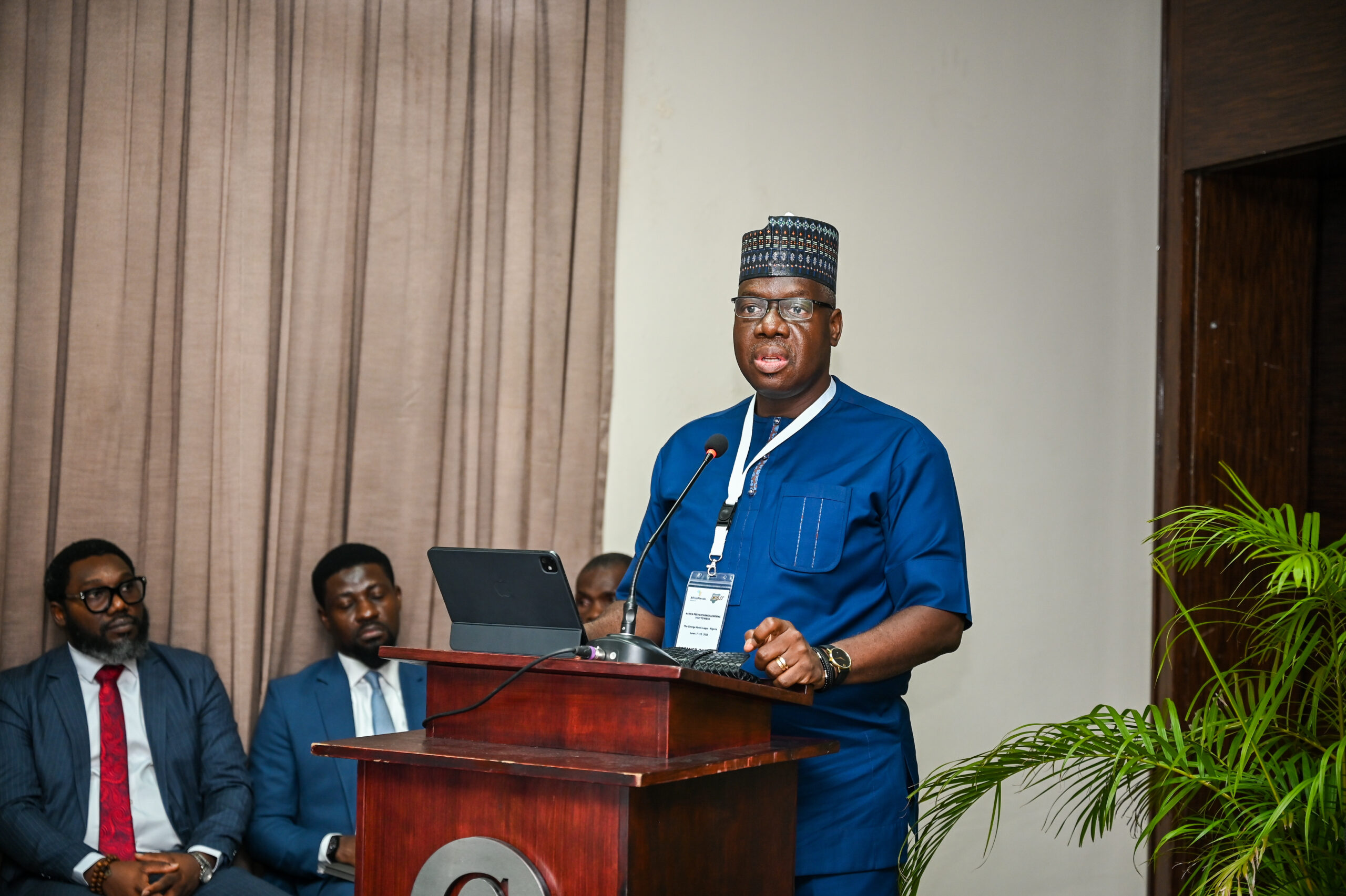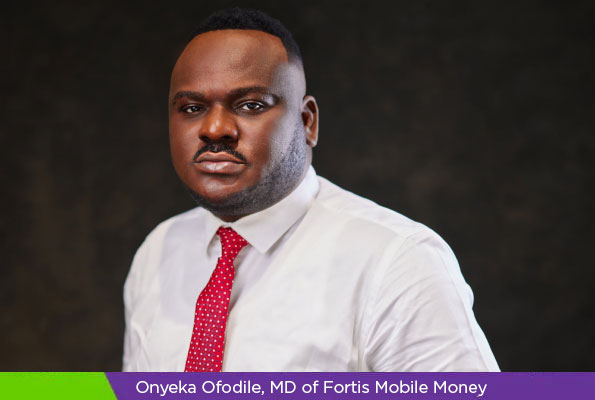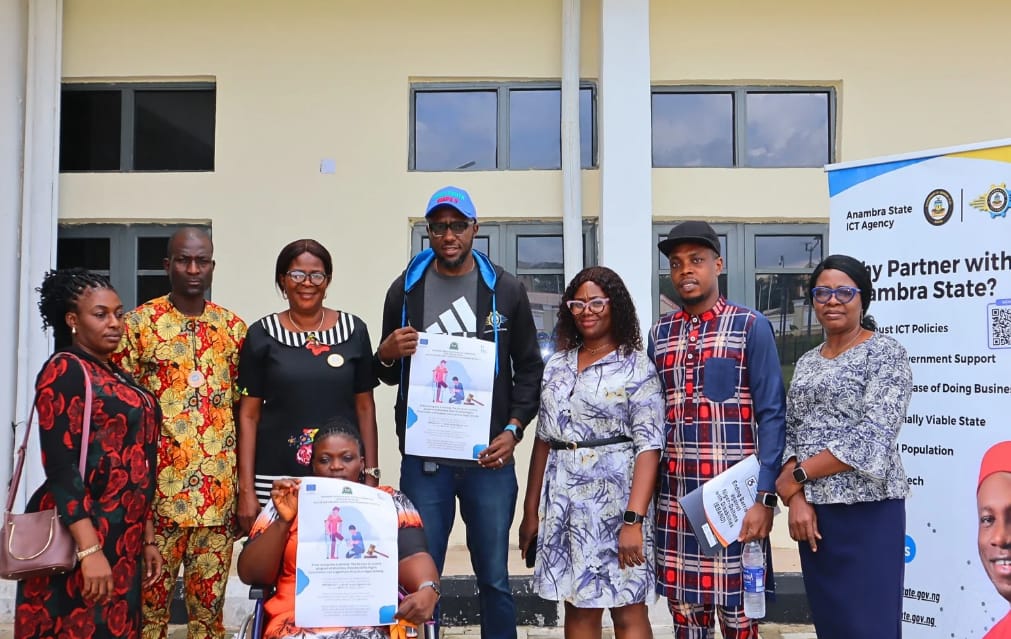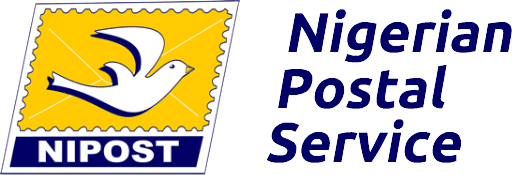Alfred Ajayi
Africa stands at the cusp of a digital revolution. Mobile phone adoption is rising even in remote communities, fintech innovation is booming, and countries are steadily investing in digital public infrastructure such as interoperable payment systems and digital ID frameworks. Together, these trends are shaping a foundation for inclusive economic growth across the continent.
Yet, stark inequalities remain. More than 400 million Africans are financially excluded, lacking access to even the most basic formal financial services. This gap not only deepens poverty but also prevents millions from benefiting from the very digital transformation sweeping their societies. Experts say bridging this divide is critical to unlocking productivity, empowering communities, and ensuring that Africa’s digital revolution truly leaves no one behind.
At a peer learning visit hosted recently in Lagos by the AfricaNenda Foundation in collaboration with the Nigeria Inter-Bank Settlement System (NIBSS), stakeholders agreed that Africa must reduce reliance on imported technologies and prioritize homegrown, African-owned payment systems that address local realities. The five-day event brought together leaders from more than 20 African countries, including Eswatini, Somalia, Togo, Guinea, Liberia, Madagascar, and South Sudan.
Why homegrown systems matter
Participants stressed that while global technologies can be valuable, they rarely account for Africa’s unique economic and social landscapes. Imported platforms may deliver speed but often miss the mark when it comes to inclusivity, language diversity, rural connectivity, and the needs of informal traders.
As Dr. Robert Ochola, CEO of AfricaNenda Foundation, observed: “Africa can build its own systems and make them world-class.”
The goal, he emphasized, is not just digitization but true inclusion—designing systems from the margins inward to work for the most vulnerable, including women, youth, and the unbanked. That means ensuring access via USSD for people without smartphones, deploying agent networks to remote areas, offering offline solutions where connectivity is weak, and designing pricing structures that protect the poor. Crucially, it also means building trust, not just technology.
NIBSS: A Nigerian success story
For years, Nigeria’s Inter-Bank Settlement System (NIBSS) has been a trailblazer in Africa’s digital payments space. Processing nearly one billion transactions monthly, NIBSS runs a 100% homegrown instant payment platform that operates around the clock, delivering real-time clearing, robust security, and inclusive features that serve banks, fintechs, mobile operators, and agent networks.
During the Lagos peer learning visit, NIBSS unveiled its most ambitious project yet—the National Payment Stack (NPS). Building on the success of NIBSS Instant Payments (NIP), the NPS is a next-generation, homegrown infrastructure that Managing Director and CEO, Mr. Premier Oiwoh, described as a “foundational investment in Nigeria’s financial future.”
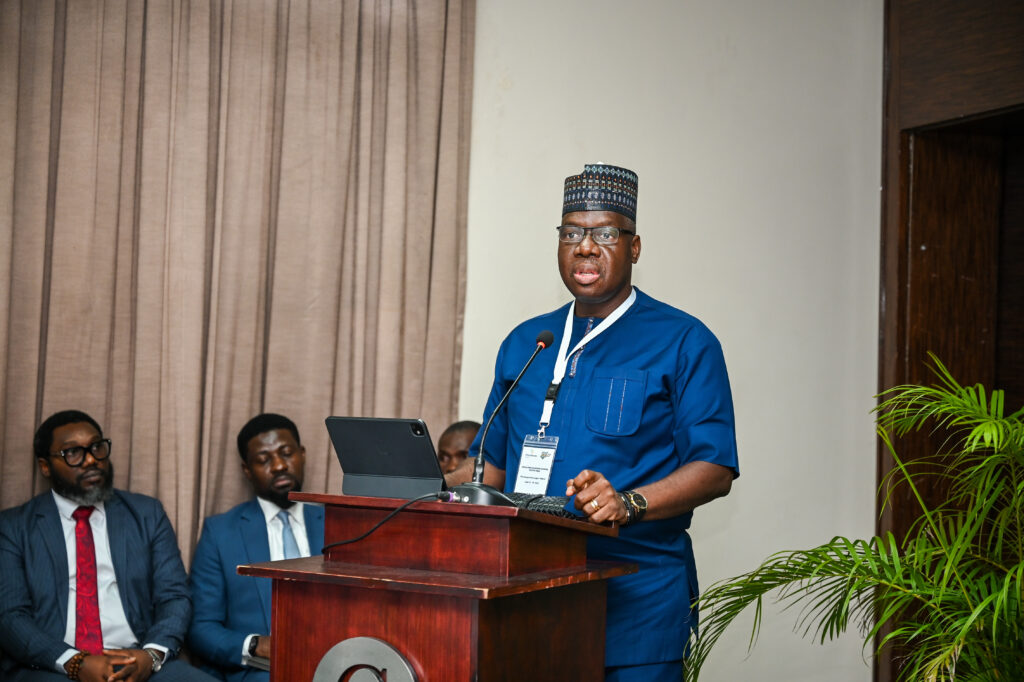
The NPS offers real-time payments with instant settlement, ISO 20022-compliant messaging for enhanced interoperability, and a sandbox-enabled API environment for seamless integration by financial service providers. Its key features include Request-to-Pay, Direct Debit, and a strengthened Know Your Customer (KYC) validation framework.
Currently, the Bank Verification Number (BVN) is the trusted identifier within the system. But the NPS is designed to integrate with other identity frameworks such as the National Identification Number (NIN), Tax Identification Number (TIN), and Registered Company Number (RC), expanding the scope for secure verification and regulatory compliance.
By combining payments, identity, and data into one intelligent platform, the NPS promises a more secure, transparent, and inclusive financial experience—whether for a market trader in Onitsha, a civil servant in Abuja, or a farmer in Katsina. The system is also multi-currency ready, cross-border capable, and equipped with automated fraud detection tools, making it future-ready for the African Continental Free Trade Area (AfCFTA).
Mr. Oiwoh challenged the industry to raise its ambition: “When it comes to uptime, 99.9% isn’t good enough. That 0.1% can be critical, even life-altering. For us, the only acceptable KPI is 100%.”
AfricaNenda Foundation: Building Together
The AfricaNenda Foundation, which co-hosted the event, works with governments and regulators across the continent to support the design of Inclusive Instant Payment Systems (IIPS). According to Dr. Ochola, AfricaNenda’s role is not to impose blueprints but to “support technical design, strengthen regulatory frameworks, and convene communities of practice where countries can learn from each other.”
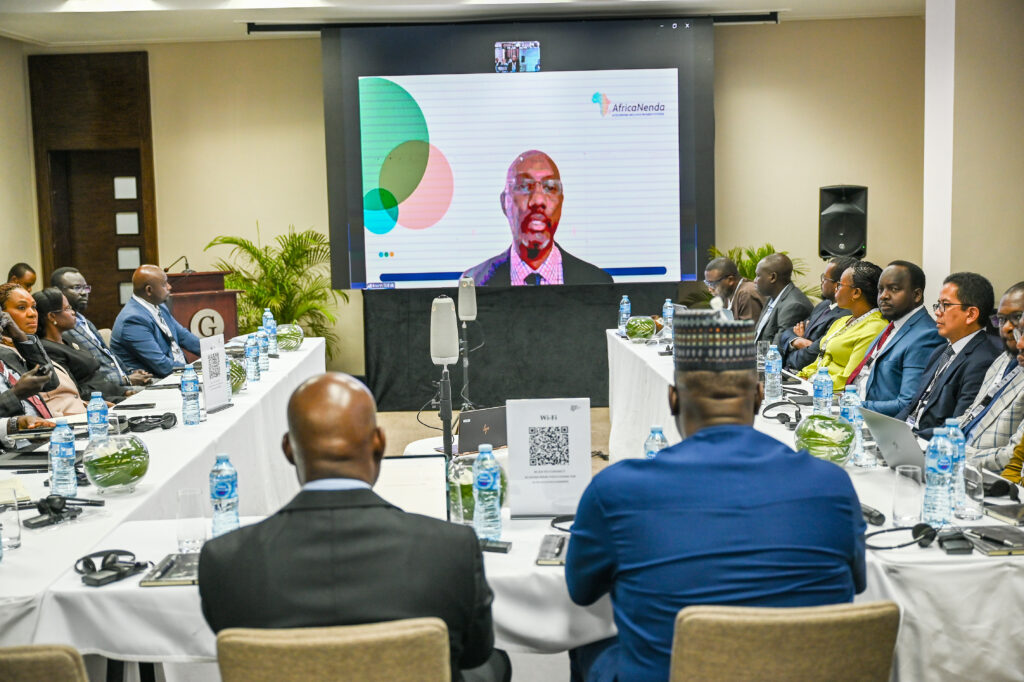
By fostering collaboration and peer learning, AfricaNenda hopes to accelerate the adoption of interoperable and inclusive payment systems that reach even the most underserved communities.
Toward a Pan-African vision
The Lagos gathering was more than a technical workshop—it was a rallying call for a Pan-African vision of financial inclusion. Participants agreed that dismantling jurisdictional silos and fostering collaboration across borders are vital.
Mr. Musa Jimoh, Director of Payment System Policy at the Central Bank of Nigeria, proposed the creation of an Africa Regulators Forum on Instant Payment Systems, which would align standards, foster trust, and catalyze innovation across the continent.
With Africa’s informal sector employing over 80% of its workforce, inclusive digital payment systems are no longer optional—they are a development imperative. As experts concluded in Lagos, building homegrown, interoperable instant payment systems is the surest path to bridging the financial exclusion gap, powering small businesses, and ensuring that the benefits of Africa’s digital economy are shared by all.


